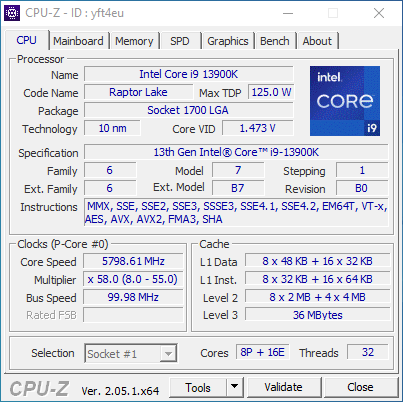TEST BED

![]()
TESTING METHODOLOGY

Since I changed my graphics card test rig i decided to tweak things a bit and so the entire testing methodology has changed. So, for the foreseeable future for tests, I’ll be using the EV3285 monitor by EIZO (later on i may also add tri-monitor results since i do have 2 cockpits here in the lab) for 2160p UHD (3840x2160p), 1440p (2560x1440p) and 1080p Full HD (1920x1080p) tests. Needless to say, since most of you voted for it, I’ll also be using the Intel Core I9-13900K (5.8GHz P/4.7GHz E/4.9GHz RING), EVGA Z790 DARK test rig which I’ve completed with the Kingston FURY RENEGADE 32GB DDR5 7200MHz CL38 dual-channel kit.
Most games have also been changed so instead of manually testing every single one (and always allowing a small percentage of error) i chose all the latest ones to feature a built-in benchmark. In certain cases, built-in benchmarks may perform better than in-game but my purpose is comparison and not what one can expect in terms of in-game performance. So, this list includes Chernobylite, Cyberpunk 2077, F1 2022, Far Cry 6, Forza Horizon 5, Guardians Of The Galaxy, Horizon Zero Dawn CE, Metro Exodus Enhanced Edition, Red Dead Redemption 2 and Returnal. Also, since some of you have asked for Synthetic benchmarks in the past, I’ll also be using Speed Way and Port Royal from 3D Mark.
As with the past options like power saving, sharpness and overlays are all disabled in the cards we’re testing (to achieve the purest and maximum performance) and all tests are repeated a total of 3 times in a fresh Windows 10 Pro installation with all updates installed until the day of our review (same as all the games used). Room temperature is as usual controlled and steady at 23 degrees Celsius for all tests and to record the temperatures of the cards we used AIDA64 and GPU-Z. Recording noise levels is done with an ExTech HD600 dBA meter from a distance of just 15cm away while power consumption is measured again using GPU-Z.

 O-Sense
O-Sense







.png)

